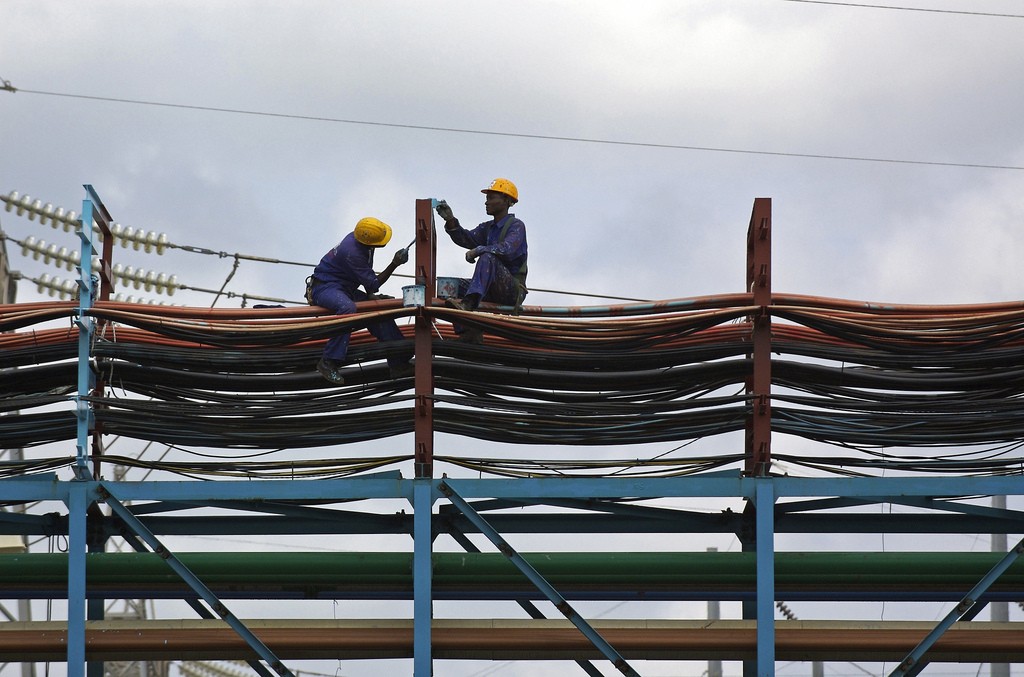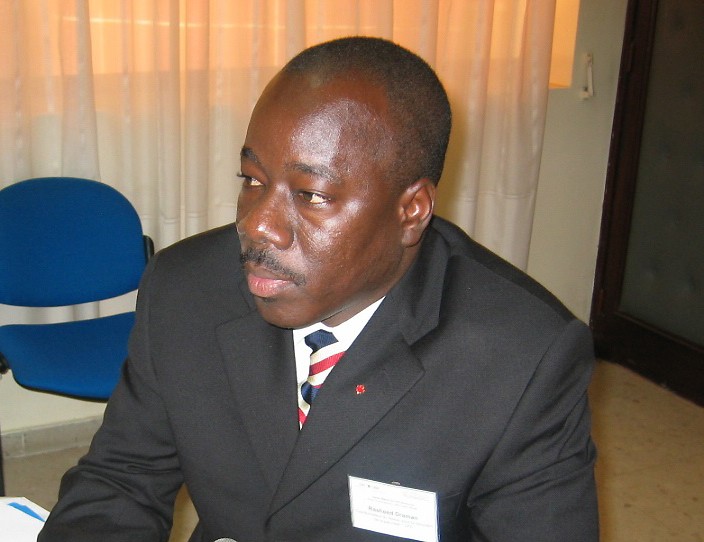“Lucky if you have power for 12 hours”
We spoke with Rasheed Draman about Ghana’s economic crisis, public discontent with service delivery and why his country will not fall victim to the “resource curse”.
BTI Blog: Many observers – including BTI experts – have long considered Ghana a model of successful political and economic reform in sub-Saharan Africa. Now we see a significant decline in most areas. Can you explain this?
Rasheed Draman: This is indeed very difficult to understand. Within a relatively short period of time, the country has witnessed a very sharp decline and is now in the midst of one of its most trying economic periods. As a result, Ghana has recently had to turn to the IMF for financial support. It must be emphasized, though, that the decline is primarily economic – although, clearly, economic decline often signifies that all is not well politically.
BTI Blog: Ghanaians increasingly blame the government for the situation. What are their main concerns?
Draman: There are three main reasons for public discontent with the state. The first is economic. The sharp economic downturn has had a profound impact on everyone. The depreciation in value of the country’s currency against major foreign currencies has led to a sharp decline in the value of almost all citizens’ incomes. As a heavily import-dependent country, this development poses considerable hardship. The perception of widespread corruption is a second factor driving public discontent. The political elite and public servants are seen to be corrupt and therefore at fault for the poor delivery of public goods and services. The series of energy crises plaguing the country over the past four years is a third reason for public discontent. These crises have affected businesses of all sizes and citizens alike. Power is currently rationed in Ghana. Those who consider themselves lucky have power for 12 hours, which is followed by a 24-hour period without power.
BTI Blog: After two decades of strong economic growth, how do you account for the downturn?
Draman: The downturn in the country’s economy, in my view, has its roots in over-spending and fiscal indiscipline during the 2012 elections. Other key factors, in addition to the energy crises, include inefficient spending and misapplied resources to unproductive sectors and the huge judgment debts saddling the country in recent years. These factors, together with what many believe to be non-performing public officeholders, have put the country in its current dire economic straits.
BTI Blog: In 2011, Ghana’s parliament passed the landmark Petroleum Revenue Management Act (PRMA) in order to guarantee the transparency of financial flows between companies and the government. Yet oil revenues have thus far not been effectively channeled into sustainable development, and corruption is on the rise. How can fiscal accountability and transparency in revenue allocation be ensured?
Draman: Fiscal accountability and transparency in revenue allocation can be ensured if: (a) institutions of accountability, led by parliament, are up to the task of overseeing the work of the executive and the public sector; (b) civil society organizations subject government to constant pressure; (c) the media plays an active and independent role; and, most importantly, (d) citizens are willing and able to vote against politicians who preside over non-judicious use of the country’s resources.
BTI Blog: How high do you assess the risk that Ghana will fall victim to the infamous “resource curse”? Can the country’s democratic institutions and procedures prevent this from taking root?
Draman: The risk of Ghana being subject to the “resource curse” phenomenon is minimal. The good news for Ghana is that oil was discovered after certain basic democratic structures and institutions had been established. Despite Ghana’s ongoing economic woes and high levels of corruption, some of the country’s institutions are growing stronger as democracy in the country evolves. I strongly believe that there are some good institutional structures on the ground to help prevent the resource curse from taking root.
BTI Blog: What do you expect for the upcoming presidential elections?
Draman: The good thing about Ghana, unlike most African countries, is the fact that the outcomes of elections are usually difficult to predict. While the ruling party is touting its performance and credentials in the area of infrastructure and services to the poor, the opposition is focusing on the poorly performing economy, corruption and the energy crises. Clearly, the economy and energy crises will be big ballot issues in 2016.
Interview: Sabine Donner
Rasheed Draman is Executive Director of the African Centre for Parliamentary Affairs (ACEPA) in Accra. He has been focusing on governance and institutional issues for the past 15 years and has worked with more than 30 parliaments and governments in Africa. He has served as the Director of Africa Programmes at the Parliamentary Centre (2006–2013) and as a consultant for the Africa Branch and the Multilateral Programs Branch of the Canadian International Development Agency (CIDA). He holds a PhD in Political Science from Carleton University, Ottawa and has been a member of the Transformation Thinkers network since 2005.
Photo: Workers maintain the thermal power station at Takoradi, Ghana, by Jonathan Ernst/World Bank, via via flickr.com, CC BY-NC-ND 2.0


